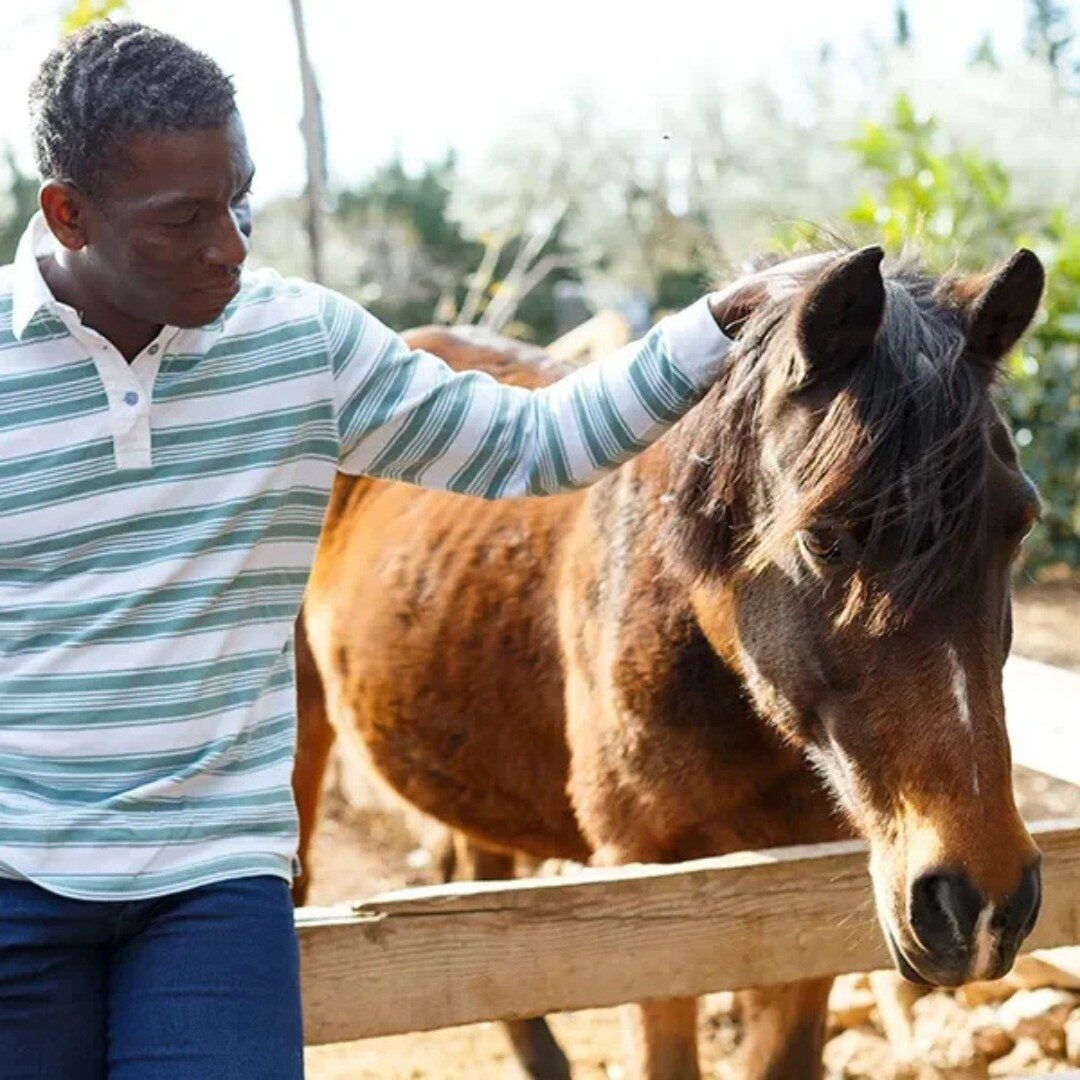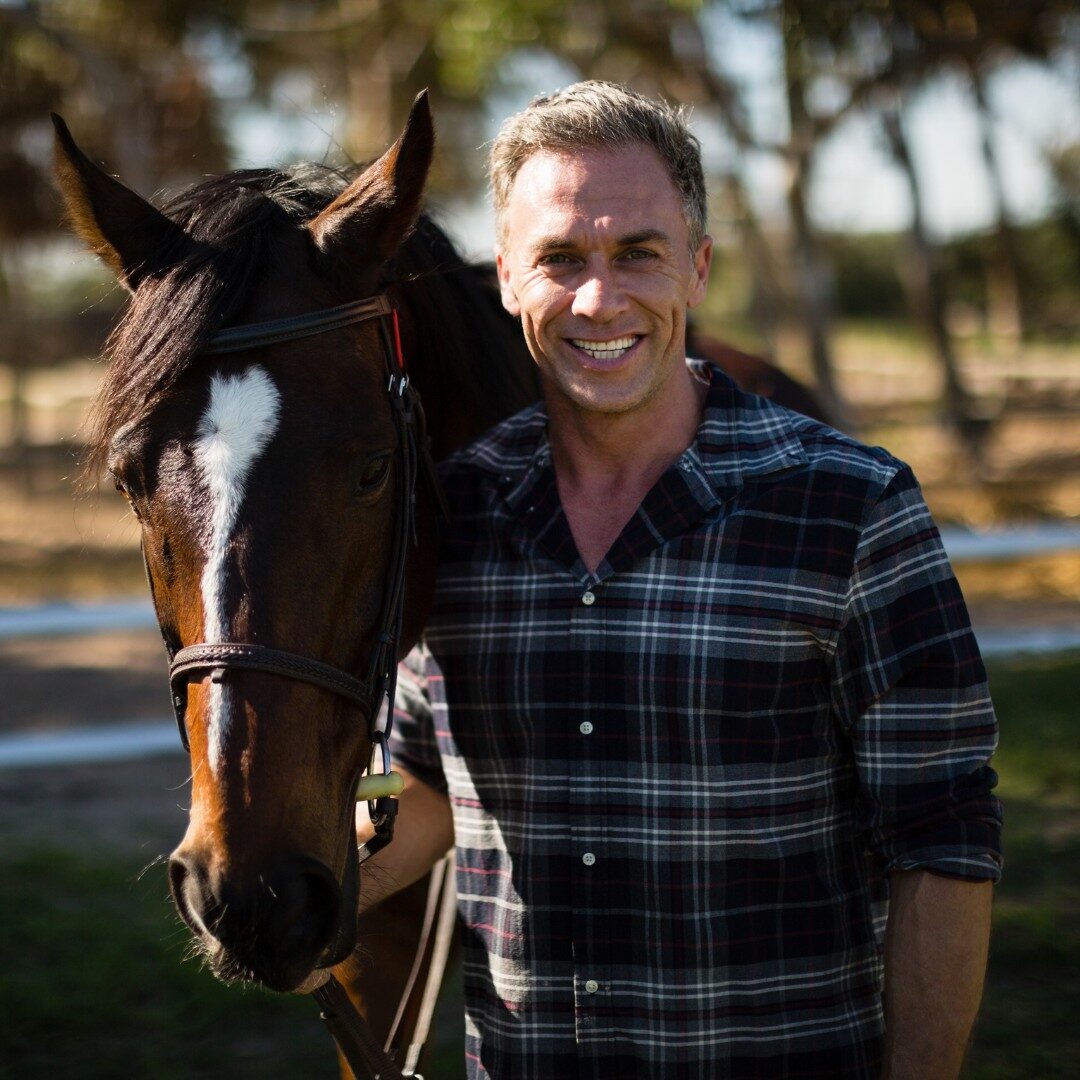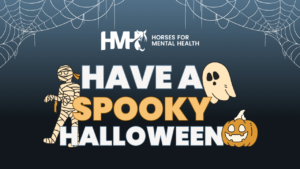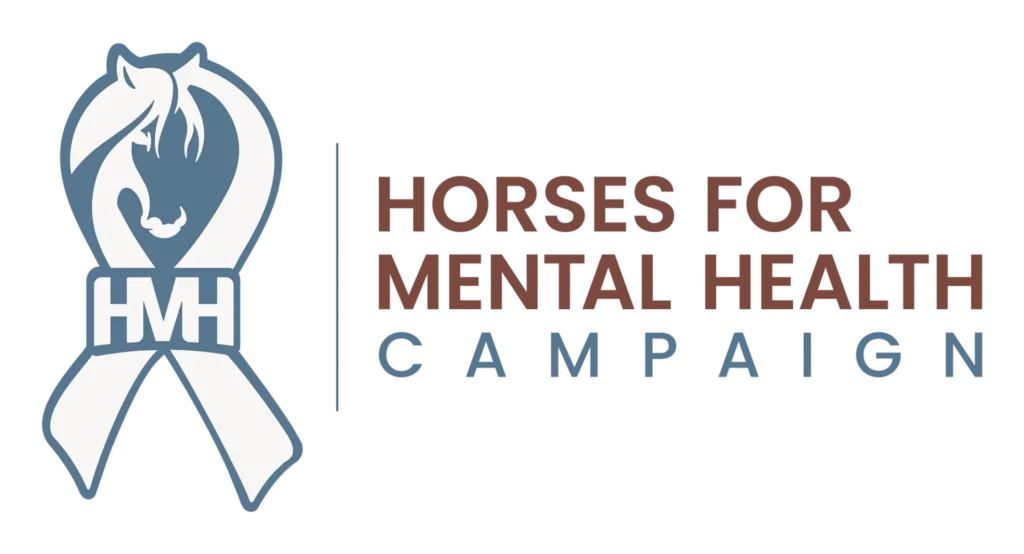When’s the last time you really asked a man in your life how he’s doing and waited for the full answer?
For many men, mental health isn’t an easy topic to bring up. Cultural expectations still run deep: stay strong, keep control, hold it together. That message comes with a cost. Around the world, men die by suicide twice as often as women (World Health Organization, 2023). In the U.S., men account for nearly 80% of all suicides each year (National Institute of Mental Health, 2024).
This Men’s Health Awareness Month, we’re highlighting that men’s mental health isn’t only about numbers, it’s about real people we know and love. It’s fathers, brothers, sons, and friends quietly carrying the pressure to be everything for everyone. It’s the exhaustion of trying to live up to strength while suppressing the need for care.
How Men Experience Mental Health

Research shows that men often experience and express mental health challenges differently than women.
Many don’t describe sadness or hopelessness.
Instead, they report irritability, exhaustion, loss of focus, or anger. Some turn to work, exercise, or substances to cope, masking distress that might otherwise go untreated.
That doesn’t mean men struggle less. It means they’re less likely to call it what it is. In one survey, 40% of men said they’ve never talked about their mental health with anyone, not even family or friends (Priory Group, 2023).
Over time, that isolation takes a toll. Loneliness among men has reached what some experts call an epidemic (U.S. Surgeon General, 2023). Fewer close friendships, less emotional connection, and limited safe outlets can all compound stress, anxiety, and burnout.
A Shift in the Conversation
Thankfully, change is happening. Across generations, more men are starting to challenge the old ideas of what it means to be strong. Strength isn’t staying silent. It’s showing up with honesty, even when it’s uncomfortable. It’s learning that seeking help, talking to someone, or simply slowing down is not weakness but strength.
Horses for Mental Health sees the power of connection every day. Healing often begins when people – men included – find spaces that feel safe, grounded, and real. Sometimes that’s in psychotherapy or in community. Sometimes, it’s in the presence of a horse, where words aren’t needed, only trust.
The Takeaway

Men’s mental health deserves attention, understanding, and access to care that works. For many, traditional approaches aren’t enough, that’s where equine-assisted mental health services can make a difference. The presence of horses creates a unique opportunity for connection, reflection, and healing, helping men rebuild trust, release stress, and rediscover balance in ways that feel natural and nonjudgmental.
When we expand access to these kinds of programs, more men can find care that meets them where they are, not where they’re expected to be.










